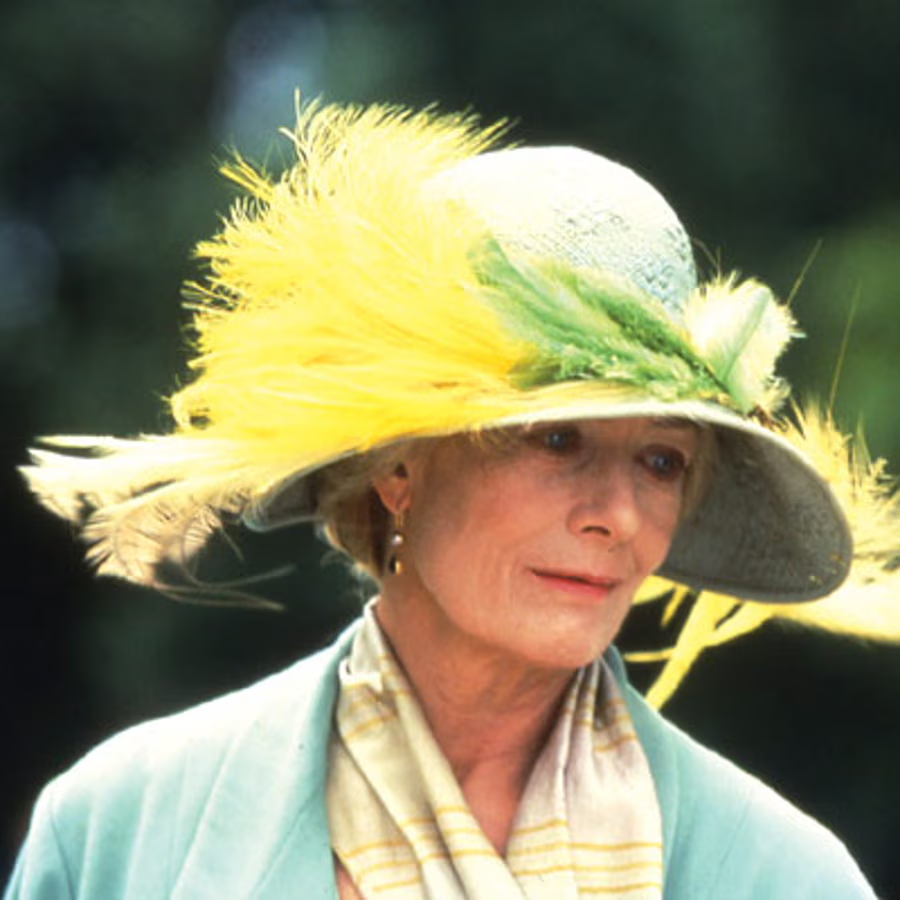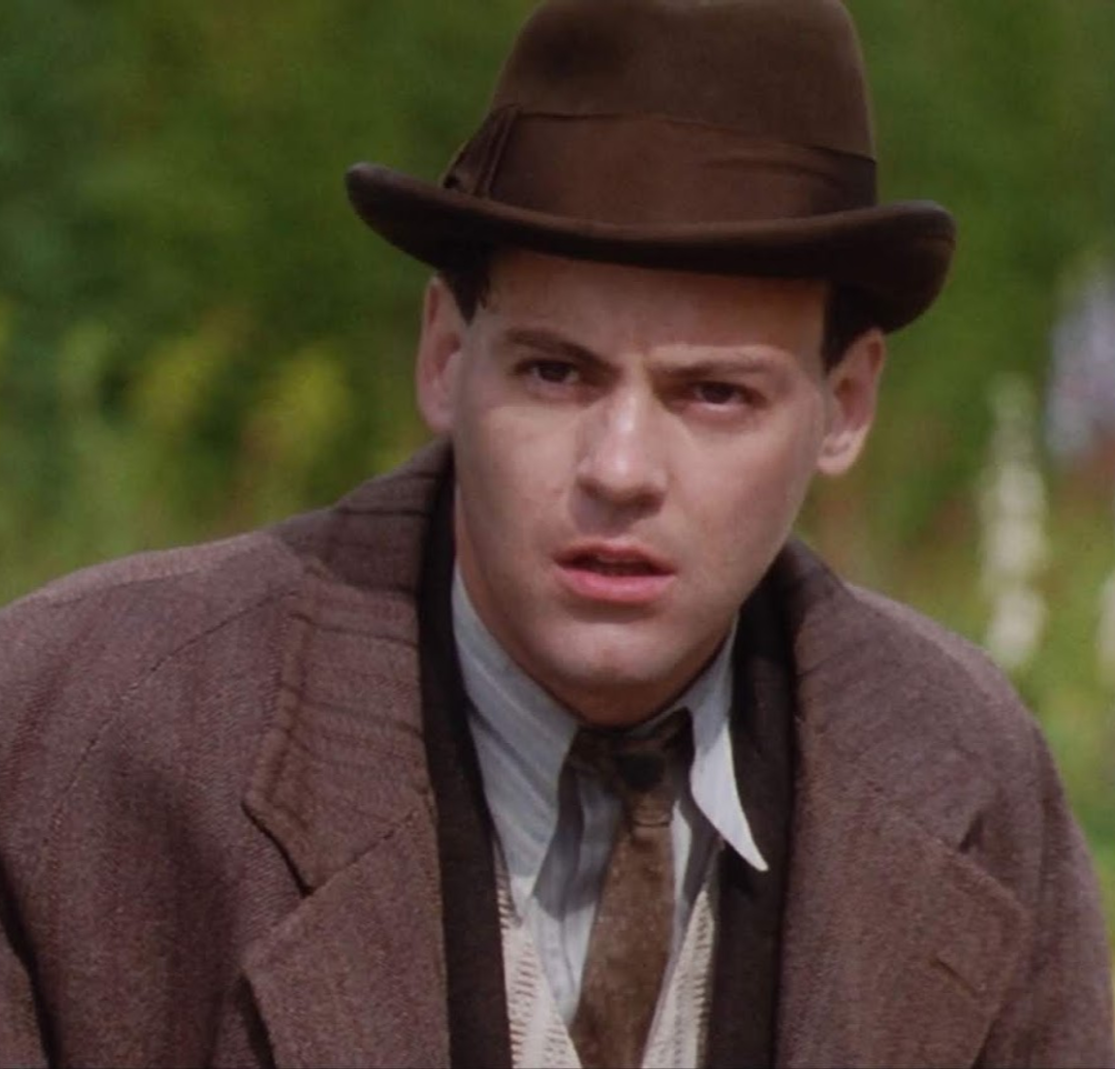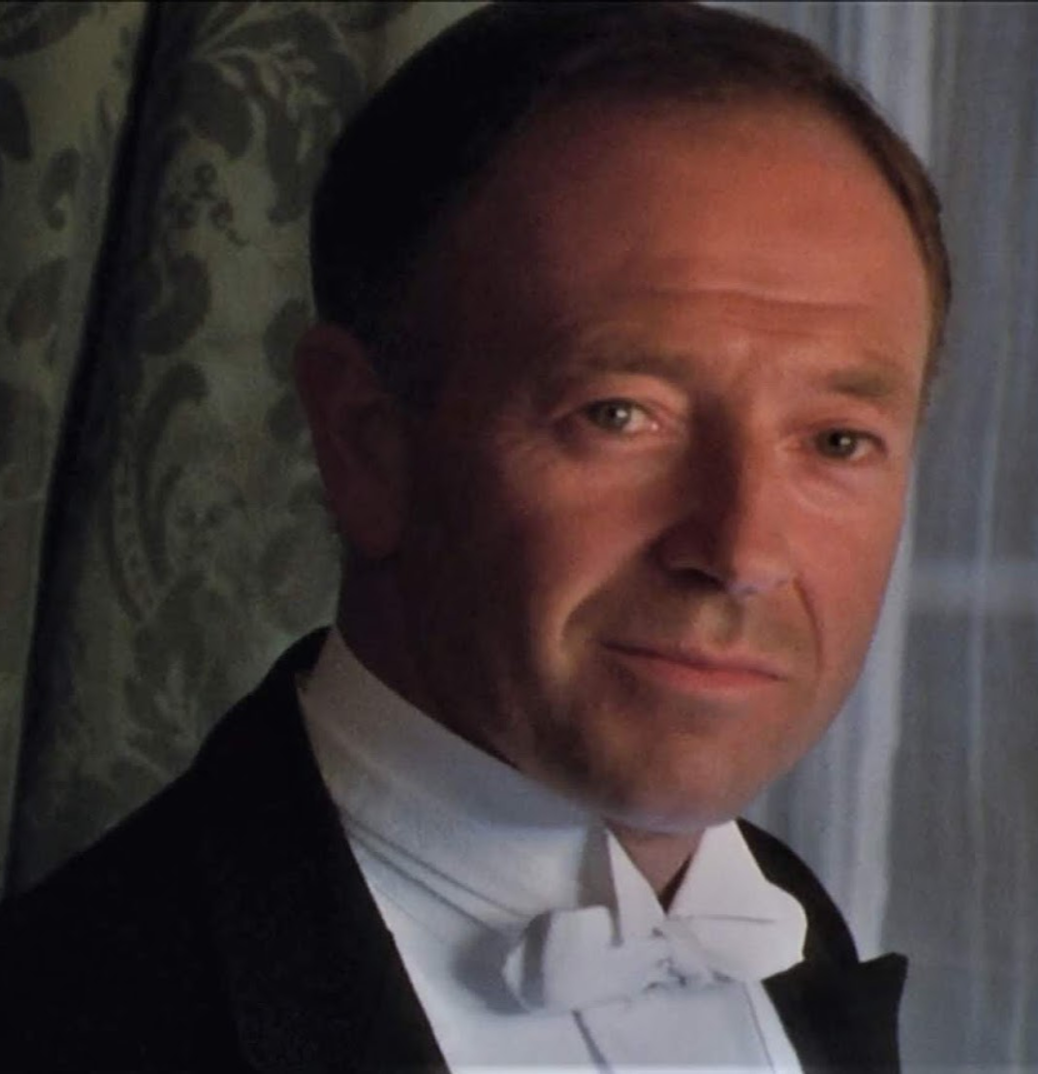Photo AI
Last Updated Sep 26, 2025
Mrs Dalloway: Character Analysis Simplified Revision Notes for A-Level OCR English Literature
Revision notes with simplified explanations to understand Mrs Dalloway: Character Analysis quickly and effectively.
243+ students studying
Mrs Dalloway: Character Analysis
Clarissa Dalloway
Overview
Clarissa Dalloway is the central character in Virginia Woolf's "Mrs Dalloway." A 52-year-old upper-class woman, she is known for her parties and social grace. Clarissa embodies the complexities of post-war British society and the internal struggles of a woman reflecting on her past choices and existential concerns. Her character oscillates between moments of profound insight and superficiality, illustrating Woolf's exploration of identity, memory, and the passage of time.

Key Plot Moments
- Morning Walk to Buy Flowers
- Clarissa decides to buy flowers herself for the party she is hosting that night.
- This walk prompts memories of her youth and her decision to marry Richard over Peter Walsh.
- Encounter with Peter Walsh
- Peter visits Clarissa unexpectedly, rekindling old emotions and unresolved tensions.
- Their conversation reveals Clarissa's internal conflict and nostalgia for her past.
- Clarissa's Reflections on Septimus's Suicide
- At her party, Clarissa learns of Septimus Warren Smith's suicide.
- She is deeply affected, seeing a reflection of her struggles in his act.
- Hosting the Party
- The party represents Clarissa's attempt to connect with others and find meaning in her social role.
- Despite her external success, she feels an underlying sense of emptiness and isolation.
- Reconciliation with Peter Walsh
- The novel ends with Clarissa and Peter contemplating their complex relationship.
- This moment underscores the enduring impact of their past connection.
Key Themes
- The Passage of Time: Clarissa's reflections on her youth and ageing highlight the relentless march of time and its impact on identity.
- Mental Health and Trauma: Clarissa's introspection on Septimus's suicide explores themes of mental health and the silent struggles individuals face.
- Isolation and Connection: Despite her social activities, Clarissa often feels isolated, revealing the tension between her public persona and private self.
Key Quotes
"She had once thrown a shilling into the Serpentine, never anything more. But he had flung it away… A thing there was that mattered; a thing, wreathed about with chatter, defaced, obscured in her own life, let drop every day in corruption, lies, chatter. This he had preserved. Death was defiance. Death was an attempt to communicate; people feeling the impossibility of reaching the centre which, mystically, evaded them; closeness drew apart; rapture faded, one was alone. There was an embrace in death."
- Clarissa reflects on the profundity of Septimus's suicide compared to her superficial life.
- This highlights her recognition of her existential dissatisfaction and the isolation of human experience.
"She enjoyed practically everything… She had a sense of comedy that was really exquisite, but she needed people, always people, to bring it out, with the inevitable result that she frittered her time away, lunching, dining, giving these incessant parties of hers, talking nonsense, saying things she didn't mean, blunting the edge of her mind, losing her discrimination."
- Peter Walsh's critical view of Clarissa emphasizes her dependency on social interaction and the superficiality it brings.
- It reflects the theme of identity shaped by social contexts.
"Her emotions were all on the surface. Beneath, she was very shrewd – a far better judge of character than Sally, for instance, and with it all, purely feminine; with that extraordinary gift, that woman's gift, of making a world of her own wherever she happened to be. She came into a room; she stood, as he had often seen her, in a doorway with lots of people round her. But it was Clarissa one remembered."
- This passage highlights Clarissa's unique social presence and her ability to create a significant impact despite not being conventionally striking.
- It underscores her complexity and the duality of her public and private selves.
"But that young man had killed himself. Somehow it was her disaster – her disgrace."
- Clarissa feels a personal connection to Septimus's death, sensing a shared struggle.
- This moment deepens her existential reflections and sense of personal failure.
"I will come," said Peter, but he sat on for a moment. What is this terror? what is this ecstasy? he thought to himself. What is it that fills me with extraordinary excitement? It is Clarissa, he said. For there she was."
- Peter's reflection captures the profound and inexplicable impact Clarissa has on him.
- This quote encapsulates the enduring and complex nature of their relationship.
Septimus Warren Smith
Overview
Septimus Warren Smith is a World War I veteran suffering from severe PTSD in "Mrs Dalloway." His character serves as a poignant contrast to Clarissa Dalloway, representing the psychological scars of war and the failure of society to understand and support those who are mentally ill. Septimus's experiences and eventual suicide are central to the novel's exploration of trauma, isolation, and the search for meaning.

Key Plot Moments
- Septimus's War Experience and PTSD
- Septimus's backstory reveals his idealism before the war and the trauma he endures after witnessing the death of his friend Evans.
- This establishes his mental state and detachment from reality.
- Consultations with Dr Holmes and Sir William Bradshaw
- Septimus's interactions with unsympathetic doctors highlight the medical community's failure to address mental health issues.
- These moments underscore his increasing desperation.
- Hallucinations and Prophetic Delusions
- Septimus experiences intense hallucinations, believing he is a prophet with a divine message.
- This illustrates his profound sense of isolation and the severity of his PTSD.
- Relationship with Rezia
- His wife, Rezia, struggles to support him, reflecting the impact of his condition on their marriage.
- Their interactions reveal both moments of connection and profound disconnection.
- Suicide
- Septimus's decision to leap from a window to avoid institutionalization marks the climax of his despair.
- His suicide serves as a tragic but defiant act against a world that fails to understand him.
Key Themes
- Trauma and Mental Illness: Septimus's character embodies the lasting impact of war and the complexities of PTSD.
- Societal Indifference: The indifferent and dismissive attitudes of his doctors highlight societal failures in addressing mental health.
- Isolation and Communication: His struggle to communicate his experiences reflects the broader theme of isolation and the difficulty of finding understanding.
Key Quotes
"Septimus was one of the first to volunteer. He went to France to save an England which consisted almost entirely of Shakespeare's plays and Miss Isabel Pole in a green dress walking in a square."
- This quote illustrates Septimus's naive idealism before the war and the limited scope of his understanding.
- It emphasizes the disillusionment that follows his traumatic experiences.
"'So you're in a funk,' he said agreeably, sitting down by his patient's side. He had actually talked of killing himself to his wife, quite a girl, a foreigner, wasn't she? Didn't that give her a very odd idea of English husbands? Didn't one owe perhaps a duty to one's wife? Wouldn't it be better to do something instead of lying in bed? For he had forty years' experience behind him; and Septimus could take Dr. Holmes's word for it – there was nothing whatever the matter with him."
- Dr. Holmes's dismissive attitude exemplifies the lack of understanding and empathy for Septimus's condition.
- This quote underscores the theme of societal indifference.
"Mrs. Peters had a spiteful tongue. Mr. Peters was in Hull. Why then rage and prophesy? Why fly scourged and outcast? Why be made to tremble and sob by the clouds? Why seek truths and deliver messages when Rezia sat sticking pins into the front of her dress, and Mr. Peters was in Hull?"
- This passage highlights Septimus's internal conflict and moments of clarity amidst his delusions.
- It reflects his struggle to reconcile mundane reality with his perceived prophetic mission.
"But he would wait till the very last moment. He did not want to die. Life was good. The sun hot. Only human beings – what did they want? Coming down the staircase opposite an old man stopped and stared at him. Holmes was at the door. 'I'll give it you!' he cried, and flung himself vigorously, violently down on to Mrs. Filmer's area railings."
- Septimus's final act of suicide is portrayed with a mix of resignation and defiance.
- This moment encapsulates his ultimate rejection of a world that cannot comprehend his suffering.
"Death was defiance. Death was an attempt to communicate; people feeling the impossibility of reaching the centre which, mystically, evaded them; closeness drew apart; rapture faded, one was alone. There was an embrace in death."
- This quote captures the tragic yet profound nature of Septimus's suicide as a form of communication.
- It underscores the themes of isolation and the search for meaning in a seemingly indifferent world.
Peter Walsh
Overview
Peter Walsh is a complex and conflicted character in "Mrs Dalloway." Once deeply in love with Clarissa, his return to London after years in India rekindles old emotions and unresolved tensions. Peter represents the themes of unfulfilled potential and the passage of time, as he grapples with his past decisions and current discontent. His interactions with Clarissa reveal both his enduring affection and his critical nature.

Key Plot Moments
- Return to London
- Peter returns to London and visits Clarissa, stirring up memories of their past relationship.
- This reunion highlights the lingering impact of their shared history.
- Confession of Continued Love for Clarissa
- During his visit, Peter confesses that he is still in love with Clarissa, despite his critical attitude.
- This moment underscores the complexity of his feelings.
- Encounter with Daisy
- Peter's involvement with Daisy, a younger woman in India, reflects his ongoing search for meaning and fulfilment.
- This subplot illustrates his restlessness and inability to settle down.
- Internal Reflections and Musings
- Throughout the novel, Peter indulges in long internal monologues, revealing his anxieties and dissatisfaction with his life choices.
- These reflections provide insight into his character and the broader themes of the novel.
- Final Interaction with Clarissa
- The novel ends with Peter's renewed commitment to being honest and his contemplation of his relationship with Clarissa.
- This moment captures the unresolved nature of their connection and the passage of time.
Key Themes
- Unfulfilled Potential: Peter's character embodies the theme of unfulfilled potential and the lingering impact of past decisions.
- Identity and Self-Perception: Peter's critical nature and internal conflicts reveal the complexities of identity and self-perception.
- Time and Memory: His reflections on the past and his relationship with Clarissa highlight the novel's exploration of time and memory.
Key Quotes
"Her emotions were all on the surface. Beneath, she was very shrewd – a far better judge of character than Sally, for instance, and with it all, purely feminine; with that extraordinary gift, that woman's gift, of making a world of her own wherever she happened to be. She came into a room; she stood, as he had often seen her, in a doorway with lots of people round her. But it was Clarissa one remembered. Not that she was striking; not beautiful at all; there was nothing picturesque about her; she never said anything specially clever; there she was, however; there she was."
- Peter's thoughts on Clarissa reveal his enduring fascination and critical admiration.
- This quote underscores the complexity of their relationship and Clarissa's social presence.
"I will come," said Peter, but he sat on for a moment. What is this terror? what is this ecstasy? he thought to himself. What is it that fills me with extraordinary excitement? It is Clarissa, he said. For there she was."
- This passage captures Peter's emotional turmoil and the powerful impact Clarissa has on him.
- It highlights the unresolved nature of their relationship.
"She enjoyed practically everything… She had a sense of comedy that was really exquisite, but she needed people, always people, to bring it out, with the inevitable result that she frittered her time away, lunching, dining, giving these incessant parties of hers, talking nonsense, saying things she didn't mean, blunting the edge of her mind, losing her discrimination."
- Peter's critical view of Clarissa reflects his frustrations and the complexities of their dynamic.
- It illustrates his ambivalence towards her social life and personality.
"What is this terror? what is this ecstasy? he thought to himself. What is it that fills me with extraordinary excitement? It is Clarissa, he said. For there she was."
- Peter's reflection encapsulates his mixed emotions and the intense impact of Clarissa's presence.
- This quote emphasizes the theme of unfulfilled potential and emotional complexity.
"It was awful, he cried, awful, awful! Still, the sun was hot. Still, one got over things. Still, life had a way of adding day to day."
- Peter's reaction to his past rejection by Clarissa reveals his enduring pain and attempt to console himself.
- This moment underscores the themes of time, memory, and the persistence of emotional wounds.
500K+ Students Use These Powerful Tools to Master Mrs Dalloway: Character Analysis For their A-Level Exams.
Enhance your understanding with flashcards, quizzes, and exams—designed to help you grasp key concepts, reinforce learning, and master any topic with confidence!
80 flashcards
Flashcards on Mrs Dalloway: Character Analysis
Revise key concepts with interactive flashcards.
Try English Literature Flashcards8 quizzes
Quizzes on Mrs Dalloway: Character Analysis
Test your knowledge with fun and engaging quizzes.
Try English Literature Quizzes29 questions
Exam questions on Mrs Dalloway: Character Analysis
Boost your confidence with real exam questions.
Try English Literature Questions27 exams created
Exam Builder on Mrs Dalloway: Character Analysis
Create custom exams across topics for better practice!
Try English Literature exam builder12 papers
Past Papers on Mrs Dalloway: Character Analysis
Practice past papers to reinforce exam experience.
Try English Literature Past PapersOther Revision Notes related to Mrs Dalloway: Character Analysis you should explore
Discover More Revision Notes Related to Mrs Dalloway: Character Analysis to Deepen Your Understanding and Improve Your Mastery
96%
114 rated
Tess of the D'Urbervilles by Thomas Hardy & Mrs Dalloway by Virginia Woolf
Tess of D'Ubervilles: Plot Summary
251+ studying
194KViews96%
114 rated
Tess of the D'Urbervilles by Thomas Hardy & Mrs Dalloway by Virginia Woolf
Mrs Dalloway: Plot Summary
426+ studying
181KViews96%
114 rated
Tess of the D'Urbervilles by Thomas Hardy & Mrs Dalloway by Virginia Woolf
Tess of D'Ubervilles: Context & Writers Techniques
479+ studying
192KViews96%
114 rated
Tess of the D'Urbervilles by Thomas Hardy & Mrs Dalloway by Virginia Woolf
Mrs Dalloway: Context & Writers Techniques
379+ studying
190KViews